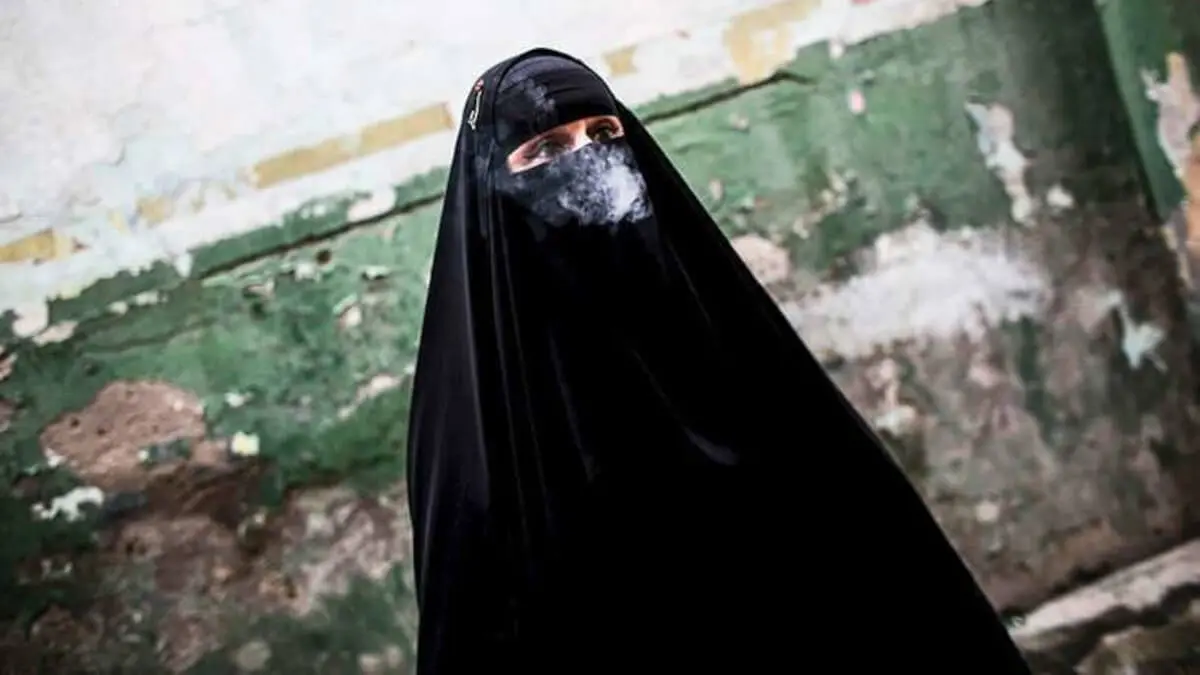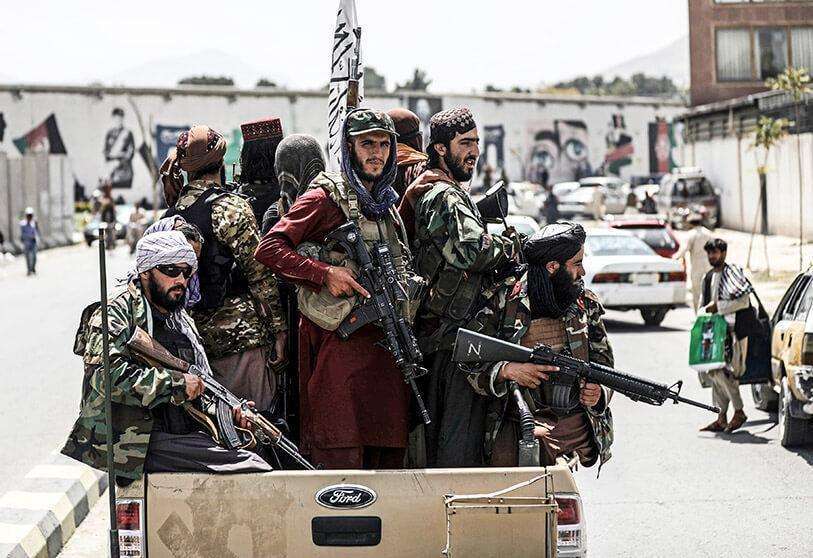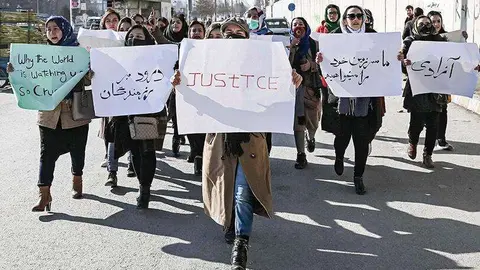US calls on Taliban to lift restrictions against women

On 15 August, it will be two years since the Taliban took power again in Afghanistan. During this time, Afghan citizens -especially women and girls- have seen how their most fundamental rights have been rolled back and how all the achievements made in recent years have disappeared, returning to the darkness and repression characteristic of the Taliban who, despite trying to appear different, have opted to impose restrictive measures as they did in the late 1990s.
Afghan women are still protesting in the capital, Kabul - the Taliban disperse them by firing in the air and spraying them with water. pic.twitter.com/fTE4nbQiNq
— Yalda Hakim (@BBCYaldaHakim) July 19, 2023
In the last two years, no country has formally recognised the Taliban government, although the international community is closely following developments in the country, especially the worrying situation of women, the serious economic crisis and terrorism. International organisations such as the United Nations, as well as numerous countries, have repeatedly demanded that the Taliban respect human rights and lift bans on girls' education and women's employment.
In addition to banning women from education and employment - including in international bodies such as the UN - the Taliban also ordered the closure of all beauty salons in the country last July.
Once again, the US has highlighted these issues during a recent meeting with Taliban leaders in Qatar. Senior US officials led by Tom West, special representative for Afghanistan, again reiterated their concern about the "deterioration" of human rights in the country, urging the Taliban to lift restrictions on women's education and work. They also called for the release of Americans detained in the country, the State Department said in a statement.
1/2 Concluded two days of mtgs with senior Taliban representatives & Afghan technocrats in Doha re: critical interests in Afghanistan. We discussed the country’s economic situation, human rights, humanitarian needs, security commitments, inclusivity, & counter-narcotics issues.
— U.S. Special Representative Thomas West (@US4AfghanPeace) July 31, 2023
In addition to the situation of women, of particular concern is the situation facing the country's ethnic minorities such as the Hazaras, a people who have reported further violations of their rights since the Taliban came to power. In particular, the US delegation underlined "serious concerns about arrests, media repression and limits on religious practice".
On the other hand, the US side also acknowledged "the decrease in large-scale terrorist attacks against civilians", as well as the Taliban's efforts and measures to comply with security-related commitments. They also expressed their willingness to continue dialogue with the Taliban on counter-narcotics, commending the Afghan authorities' ban on opium cultivation. Similarly, the US statement also noted positive aspects of the improving economy, highlighting a lower inflation rate.

Taliban call for end to sanctions "to build confidence"
Taliban leaders, meanwhile, called for the lifting of sanctions, such as travel restrictions and the return of the Afghan central bank's assets abroad. According to figures compiled by Reuters, about $7 billion of Afghan central bank assets were frozen by the New York Federal Reserve after the Taliban seizure of Kabul. Half of these funds are now in an Afghan fund in a Swiss bank.
The Afghan delegation, led by Foreign Minister Amir Khan Muttaqi, stressed that it was "crucial for overall confidence" that these restrictions be lifted. Likewise, they pointed out that it is necessary for funds to be unfrozen "so that Afghans can establish an economy that is not dependent on foreign aid".
Also present on the Afghan side were senior officials from Afghanistan's central bank, as well as members of the Ministry of Finance, who also had the opportunity to discuss the economic situation with US officials.
American Coordinator: José Antonio Sierra.










